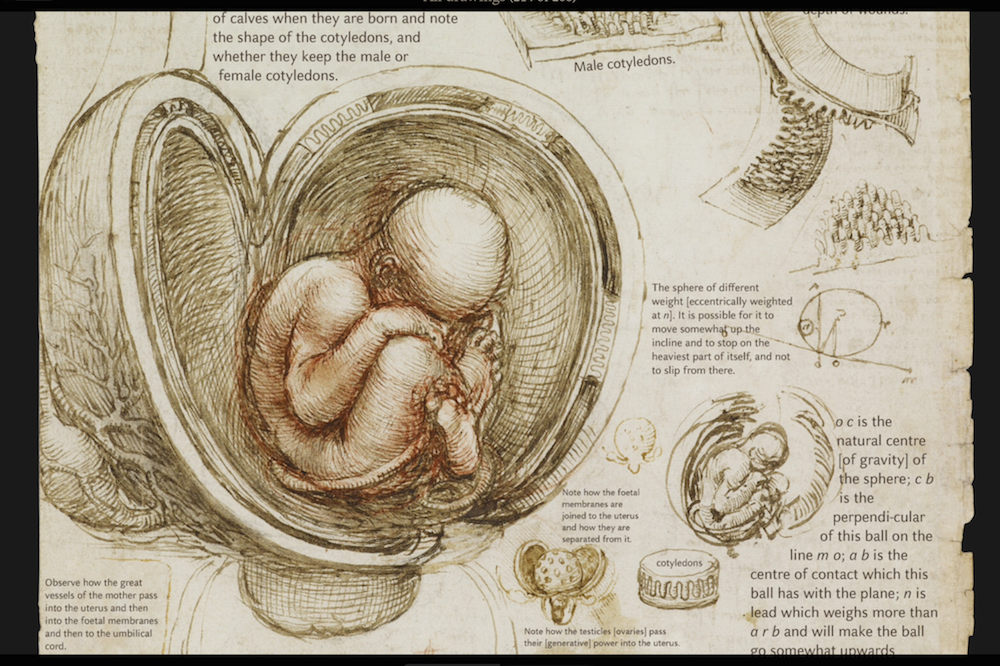In spite of the fact that I was born and raised in Modesto, California, and that the furthest east I’d ever traveled was Reno, I grew up firmly believing that my “nationality” was Italian.
I didn’t speak the language (though my parents and grandparents did). I knew nothing of the country’s history. I’m not even sure I could have found it on a globe.
A quick glance in any dictionary would have corrected my mistake and informed me that “nationality” was actually a matter of citizenship. But that’s not how we used the word in my Catholic grade school class in the 1970s. I was one of two Italians among a good number of Portuguese, a few Mexicans, a couple Irish, a German, and a few white-bread types who, as far as the rest of us were concerned, had no nationality whatsoever.
In fact, my nationality only truly became Italian—in addition to American—three years ago. After spending four years acquiring the required documents, all duly authenticated and notarized, my young son Alessandro (born in Asheville, NC) and I were recognized as Italian citizens in a letter dated June 15, 2009.
In the years since graduating from college, I’d read books on Italian history and contemporary society, as well as works of literature ranging from Dante to Pavese, Montale and Sciascia. I’d studied the language on my own in fits and starts. I knew infinitely more about Italy than I did as child and finally I had the passport to prove that my nationality really was Italian.
I could vote in Italian elections. I no longer had to concern myself with visas. I could move to Italy.
Two years ago I actually did. To Venice, with my wife and son. And since doing so I’ve never felt so American.
It’s not simply the fact that many Italians can seem both more gregarious and more rude than many Americans, both more tradition-bound and more anti-authoritarian, more social while being every bit as individualistic… Well, actually, it is these things, but not only.
Nor is it a problem of not feeling welcome. On the contrary, we are extraordinarily lucky to have relatives here who couldn’t be more warm and helpful. My father’s parents were raised in a tiny village high above Genova, my mother’s in Sicily, and since moving here we have become close to second and third cousins in Genova and Piemonte and in my maternal grandmother’s hometown of Troina, whom we’d never met.
We’ve made plenty of Italian friends, too. The parents of our son’s classmates, as well as neighbors, have accepted our son and us more quickly than we ever could have hoped.
I have no horror stories to tell you about Italians or their infamous bureaucracy. You can find plenty of those on ex-pat websites. Rather, what I’ve found since moving to Italy is that “coming home to a place you’ve never been before,” as the old John Denver song about Colorado put it, is much more complex, much more eye-opening, much more enlivening than one can truly prepare for.
I suspect that many Italian-Americans who have never set foot in Italy grew up with just as strong an identification with the country of their ancestors as I did. I know, also, that many others fantasize about being recognized as citizens and moving here.
In this column I’ll write about my experiences in Italy as someone who is, according to Italian law, “Italian by blood,” but Italian-American by unpbringing. But I’ll also be writing as someone whose young son is (to my constant surprise) growing up in many ways without the hyphen. In many ways, that is, as simply an Italian.
Alessandro was two when he began attending an Italian asilo nido during a three-month trial stay we made in Piemonte before deciding to move to Italy long-term. He was just short of three when we moved to Venice. After more than two years of Italian pre-school, after countless hours of extra-curricular play with Italian friends, he is comfortably bi-lingual. And though he is actually only half-Italian by blood, as my wife has not a drop of it in her, he is already more Italian than I can ever dream of becoming.
It is through friends that he’s made that doors have been opened into Venetian homes and culture that would otherwise have remained closed to my wife and me had we arrived as simply two adult immigrants. It is through him that I’m reminded on a daily basis of the differences between growing up in Italian culture and growing up in Italian-American culture.
He is growing up Italian and American, while I will always be that hyphenated thing, an Italian-American. And he is an intimate and enlightening reminder of how much difference that little hyphen can make.
For more about living in Venice, visit Steven Varni’s blog: veneziablog.blogspot.com






























